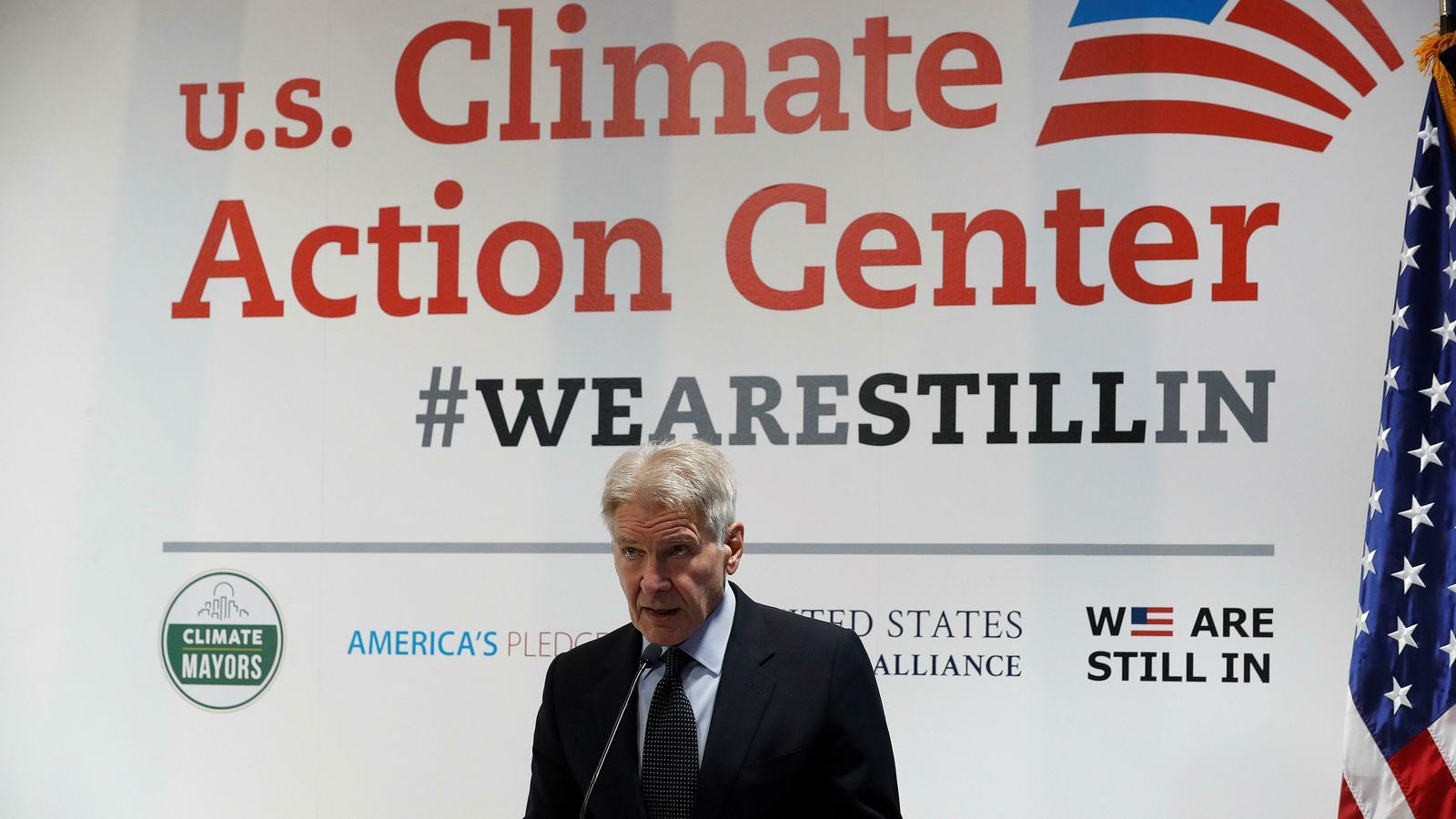
The 25th Conference of Parties to the United Nations Framework Convention on Climate Change begins today in Spain. Ahead of next year’s start of the Paris climate greement, which was signed by more than 190 countries and regions, COP25 demonstrates concrete action by many countries.
Ahead of the conference, the forecast announced by the United Nations Environment Program was brutal.
It said that global greenhouse gas emissions continue to increase, and even if every country reaches its target reductions, the rise in temperature from before the Industrial Revolution will reach 3.2 degrees by midcentury. The Paris climate agreement set 1.5 degrees as its target, but this would be far above that. Negative effects would markedly increase if there were a 2-degree rise.
United Nations Secretary-General Antonio Guterres is requesting that countries bump up their target reductions. He has also requested net zero emissions by 2050.
There will likely be countries at the COP25 that respond to this call. But the most eager countries at present are mostly developing countries and small island nations, and their contribution to total emissions is limited. To ramp up effectiveness, it is imperative that big emitters contribute more ambitiously.
Japan is the world’s fifth largest emitter. Yet the government’s target is an 80% reduction by 2050, which is hardly ambitious. The termination of nuclear power is being prolonged, and our electricity supply depends on coal-fired power plants; as long as no resolve for emissions reduction is shown, international criticism will only increase.
The Paris climate agreement was finalized in 2015. It is a historic international promise to equalize the burden shared by developed and developing countries. It expresses action for the planet’s future that goes above individual national interests and conflict.
And yet, among the big emitters, there is a strengthening tendency to put one’s own country first. The attitude of the U.S., which is the world’s second biggest emitter yet formally announced its withdrawal from the agreement, is the worst.
On the other hand, some American cities, financiers, investors and educational institutions that do not agree with their government joined together and will make an appeal at the COP25. Their slogan is “We Are Still In.”
While it is certain that America’s departure is fraught with difficulties, there is a powerful grassroots movement that shares a sense of crisis. It is time for people from all walks of life to take the first step toward rewriting a harsh future. COP25 will be a venue to confirm that resolve.

Leave a Reply
You must be logged in to post a comment.